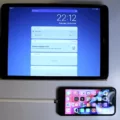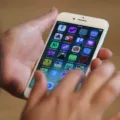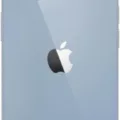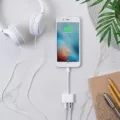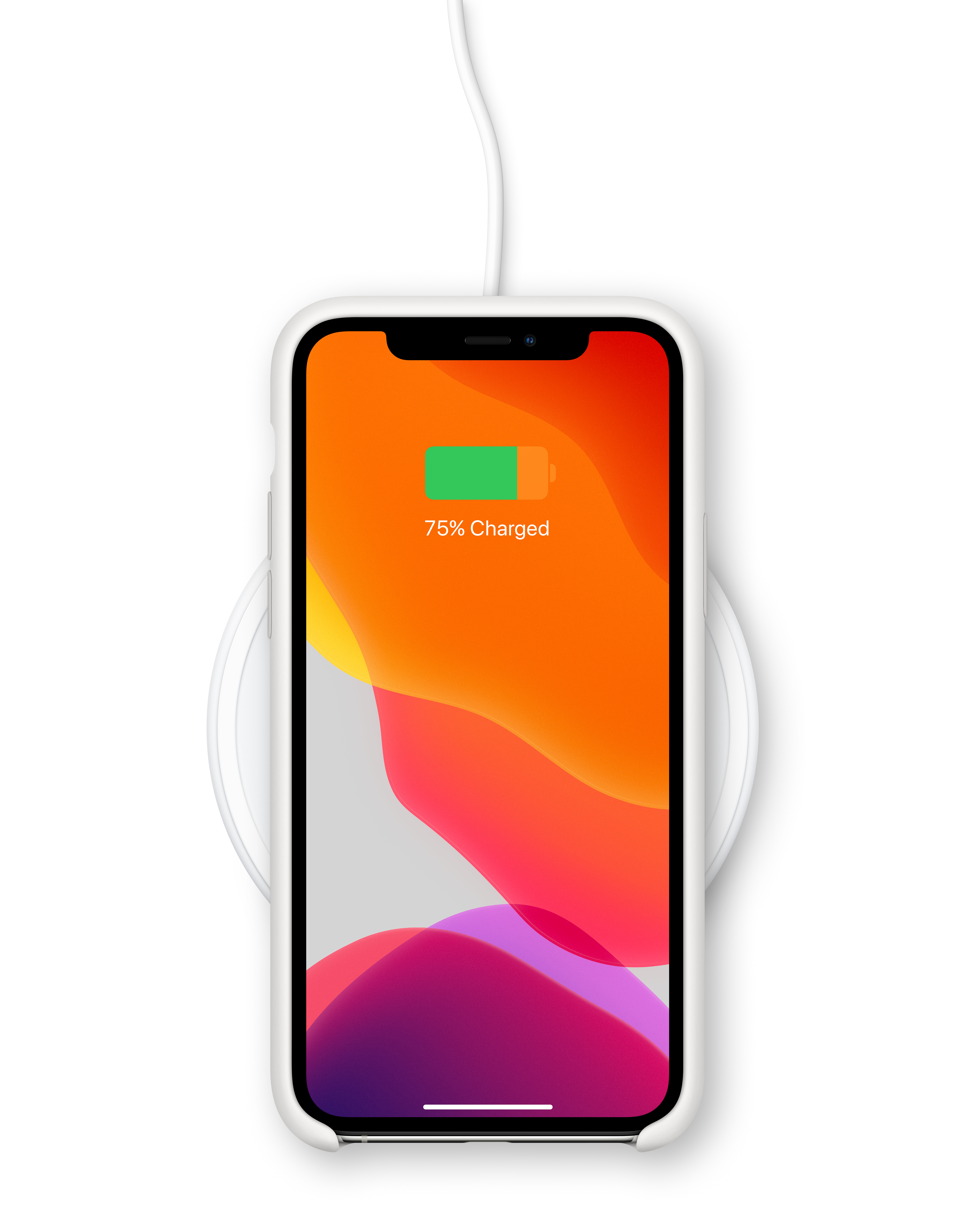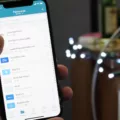Today, we’re going to be discussing the watt hours of the various iPhone models. The watt-hour (Wh) is an important factor in determining how long a phone can last on a single charge. It is also an important measurement for those who want to compare the battery life of different iPhones.
The iPhone 12 has a 10.78 Wh (2,815 mAh) battery, which is a slight decrease from the 11.91 Wh (3,110 mAh) battery found in the iPhone 11 and identical to the battery found in the iPhone 12 Pro. The iPhone 12 Mini has an 8.57 Wh (2,227 mAh) battery.
The iPhone 13 Pro and Pro Max have 11.97 Wh (3,095 mAh) and 16.75 Wh (4352 mAh) lithium-ion batteries respectively at 3.83V each for charging purposes. All three models are equipped with Lightning charging at 12 W as well as USB PD via Lightning fast charging at 20-27 W for the Pro Max and 20-23 W for the Pro, respectively. Additionally, all three models are capable of MagSafe wireless charging at 15W when used with Apple’s 20W USB-C power adapter or any other compatible adapter with a minimum power output of 20 watts or more.
Finally, it’s worth mentioning that while Apple doesn’t officially disclose it, all iPhones since 2018 have featured an 11.91 Wh (3,110 mAh) battery size which remains unchanged between models even today – making it easier to compare between them when choosing your next device!
So there you have it – now you know all about iPhone battery watt-hours! Whether you’re looking for something small and lightweight like the 12 Mini or something more powerful like the 13 Pro Max – knowing this information will help you make an informed decision on which model suits your needs best!
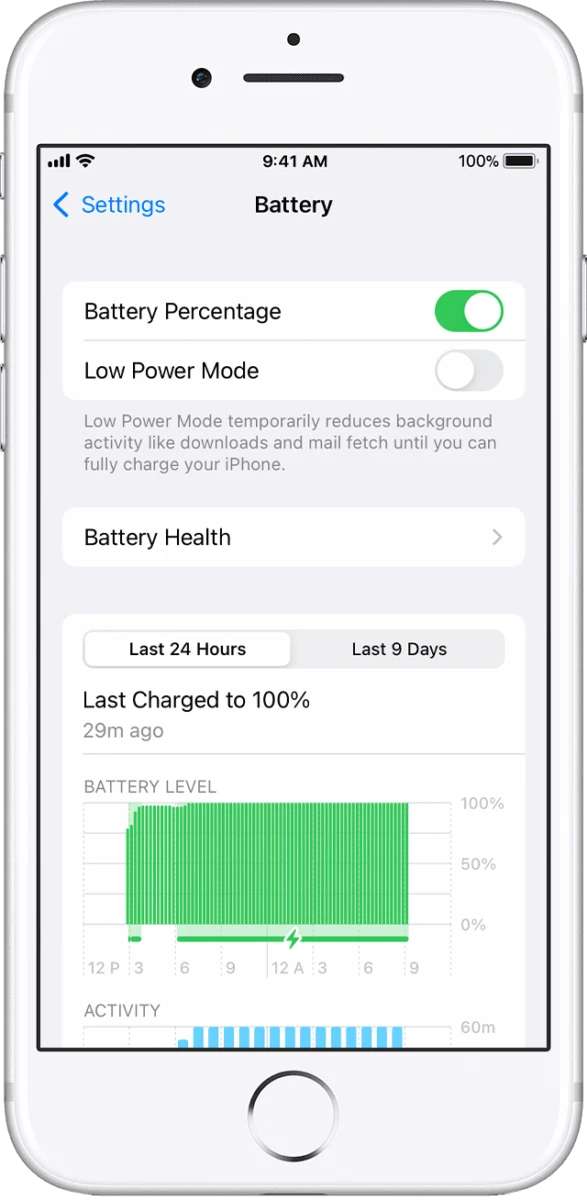
Battery Capacity of the iPhone 12
The iPhone 12 is equipped with a 10.78 Wh (2,815 mAh) battery. This is slightly lower than the 11.91 Wh (3,110 mAh) battery found in the iPhone 11, but it is identical to the battery found in the iPhone 12 Pro. The iPhone 12 Mini has an even smaller 8.57 Wh (2,227 mAh) battery.
Calculating the Watt Hours of an iPhone 13
The watt-hours of the iPhone 13 Pro and Pro Max depend on the battery capacity. The iPhone 13 Pro has an 11.97 Wh (3,095 mAh) lithium-ion battery at 3.83 V, while the iPhone 13 Pro Max has a 16.75 Wh (4352 mAh) lithium-ion battery at 3.83 V. Additionally, the iPhone 13 supports Lightning charging (12 W), USB PD via Lightning fast charging (20-27 W) for the Pro Max and (20-23 W) for the Pro, as well as MagSafe wireless charging (15 W).
Power Consumption of an iPhone
The amount of power an iPhone uses depends on the model and the tasks it is performing. Generally speaking, iPhones use between 5 and 18 watts when charging, depending on the model. The iPhone 12, iPhone SE (3rd generation), and later models require a minimum power output of 20 watts for fast charging, such as the Apple 20W USB-C power adapter.
Battery Capacity of the iPhone 11
The iPhone 11 has a battery size of 3,142 mAh (11.91 Wh), meaning it has 11.91 watt-hours of energy capacity. This is an upgrade from the 2,942 mAh and 10.13 Wh battery seen in the iPhone XR, making the iPhone 11 slightly more efficient. The battery in the iPhone 11 is designed to last up to one hour longer than its predecessor, giving users more time to enjoy their device without worrying about running out of power too quickly.
What Is the Watt Hour Rating of the iPhone 14?
The iPhone 14 has an 11.97-watt-hour battery, making it slightly smaller than the battery of the iPhone 13, which is 12.41-watt hours. The iPhone 14 Pro and Pro Max models have larger batteries, with the Pro having 16.75-watt hours and the Pro Max having 18.40 watt-hours.
Using 60W Chargers for iPhone 13
No, you cannot use a 60w USB-C Power Adapter for the iPhone 13. The compatible power adapters for the iPhone 13 are the Apple 18W, 20W, 29W, 30W, 61W, 87W, or 96W USB-C Power Adapters. Using an adapter with a higher wattage than what is recommended could damage your device and void your warranty.
Charging Power of the iPhone 13
The iPhone 13 models all come with an official 20W charger, but you can use higher-wattage chargers for faster charging. The iPhone 13 Pro Max can reach speeds of up to 27W when using a 30W or higher charger. It is important to note that using the wrong charger may cause damage to your device, so it’s best to stick with the official Apple 20W charger unless you have a specific reason not to.
Battery Wattage of an iPhone 13
The iPhone 13 battery is powered by a built-in rechargeable lithium-ion battery and is capable of both MagSafe wireless charging up to 15W and Qi wireless charging up to 7.5W. It can also be charged via USB to a computer system or power adapter, but this will not exceed 7.5W. Therefore, the total wattage of an iPhone 13 battery is up to 15W.
Is 45 Watts Safe for Charging an iPhone?
Yes, 45 watts is safe for your iPhone when using the ZMI Turbo 45W USB-C PD Adapter. This adapter is equipped with Power Delivery technology, which will dynamically adjust the power output to match what your iPhone needs for optimal charging. It will never provide more than what is needed, so it is safe to use with your device.
Estimating the Wattage Used by a Phone in One Hour
The amount of wattage used by a cell phone in one hour will depend on a variety of factors, such as the type of phone, the type of charger being used, and how much you are using the phone. Generally speaking, an iPhone or Android phone will use somewhere between 0.2 and 3 watts per hour while charging. If the phone is actively being used during that time, it could use up to 6 watts per hour. Therefore, on average, a cell phone can consume anywhere from 0.2 to 6 watts in one hour.
How Much Power Does an iPhone Need?
Yes, 10 watts is a good amount of power for an iPhone. However, the maximum wireless charging power for iPhones up to the iPhone 11 series is capped at 7.5 watts, so your device will charge at the maximum rate that it can support. This means that while 10 watts is good, you won’t be able to get any faster charging speeds than 7.5 watts with your iPhone.
Power of the iPhone 12
The wattage for the iPhone 12 is 20 watts. This power requirement is met by the Apple 20W USB-C power adapter, which is specifically designed to provide fast charging for the device. It should be noted that this power requirement applies to both the iPhone 12 and the iPhone SE (3rd generation) and later models.
The Power of the iPhone 11 Battery
The iPhone 11 has a powerful battery, with a capacity of 3,110 mAh. This is a slight improvement over the battery of the iPhone XR and comparable to that of the new iPhone 11 Pro. It supports wireless charging (Qi-compatible) and fast charging with 18W chargers thanks to USB Power Delivery support. In addition, Apple has implemented battery optimization measures such as Low Power Mode and optimized app refresh settings to help preserve battery life.
Battery Capacity of the iPhone XR
The Apple iPhone XR has an accumulator Li-Ion battery with a voltage of 3.79 V, which translates to a watt-hour rating of 11.16 Wh. This means that the iPhone XR is capable of supplying 11.16 watt-hours of energy per charge.
Conclusion
In conclusion, the watt-hour (Wh) of a battery is an important factor to consider when choosing between different iPhone models. The iPhone 12 and 12 Pro have a 10.78 Wh (2,815 mAh) battery, while the 12 Mini has an 8.57 Wh (2,227 mAh) battery. The iPhone 11 Pro and 11 Pro Max have an 11.97 Wh (3,095 mAh) and 16.75 Wh (4352 mAh) lithium-ion battery respectively. Lastly, the iPhone 11 has an 11.91 Wh (3,110 mAh) battery. To ensure fast charging on iPhones released after the iPhone 12, such as the SE 3rd generation and later models, it is important to use a power adapter with at least 20 watts of power output such as the Apple 20W USB power adapter.






